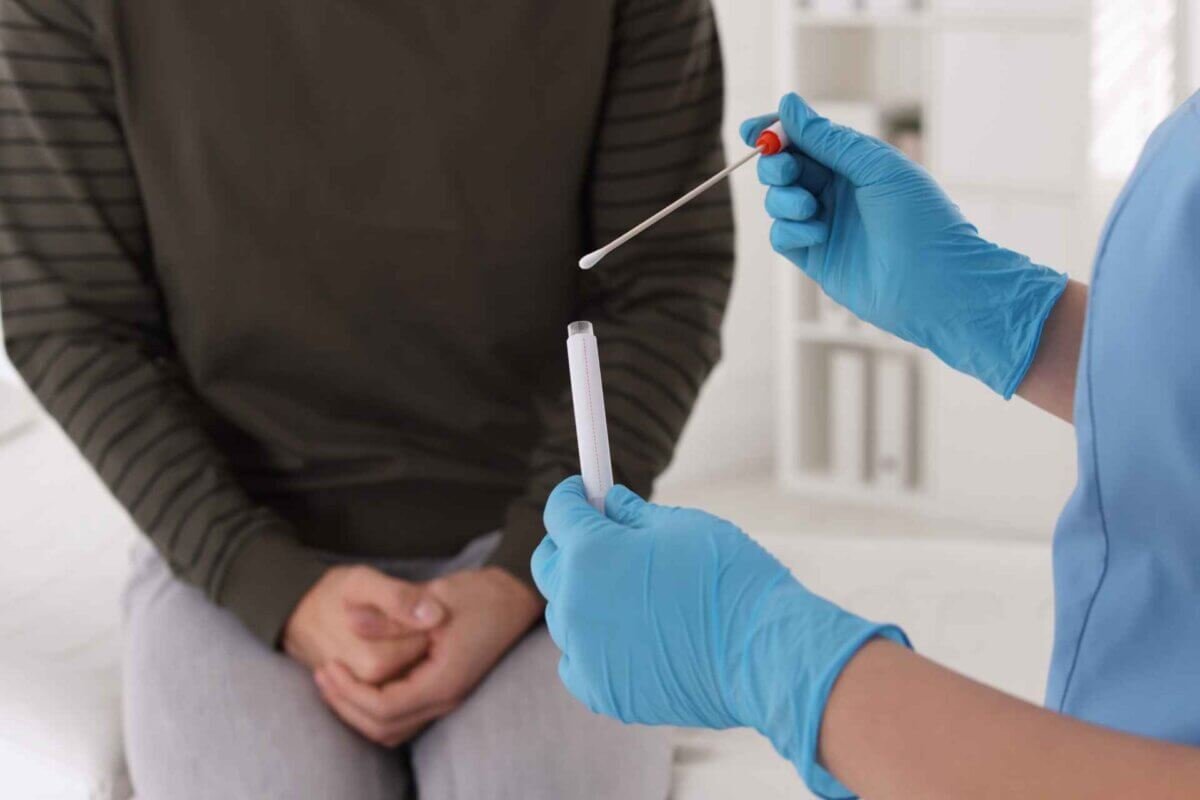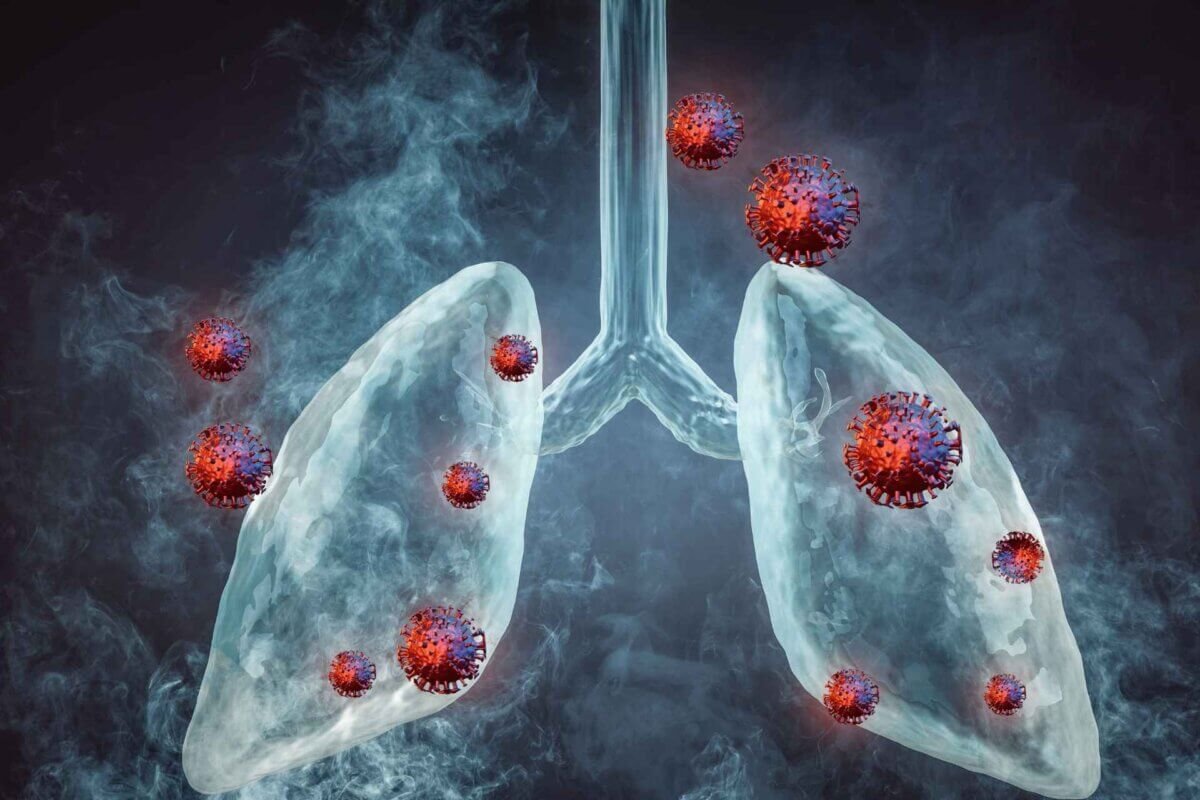CARMAT (FR0010907956, ALCAR), designer and developer of the world’s most advanced total artificial heart, aiming to provide a therapeutic alternative for people suffering from advanced biventricular heart failure (the “Company” or “CARMAT”), announces the success of its first “Aeson® European User Meeting”, held on 21 and 22 November 2024 in Chantilly, near Paris.
Strong and promising interest in Aeson® from the French and international medical community
The forum brought together more than 100 European leaders in cardiology (cardiologists, surgeons, anaesthetists, intensivists, nurses, specialized distributors, etc.), representing 41 hospitals and 10 countries (France, Germany, Italy, Spain, Poland, the Netherlands, Serbia, Slovenia, Macedonia and Israel), demonstrating an extremely strong interest from the medical community in the Aeson® artificial heart.
Thorough and constructive exchanges among peers, based on growing experience of using Aeson®
Following a summary of the clinical experience and results of Aeson® by Dr Piet Jansen, Medical Director of CARMAT, the different thematic sessions were led by a number of European physicians who have already used Aeson®, enabling them to share their experience with their peers (including those who have not yet implanted Aeson®).
Discussions focused in particular on:
- Patient selection and case studies: numerous real-life cases of Aeson® implants were presented, demonstrating the device’s ability to meet the needs of a wide range of patient profiles, including those who had been placed under ECMO1 prior to the implantation.
- Anatomical fit and post-operation recovery: discussions confirmed the high degree of anatomical fit of the device, as well as the rapid recovery of a majority of patients, enabling them to get discharged from hospital, on average 56 days after the implantation, and then to proceed with a heart transplant in optimal conditions.
- Surgical techniques: detailed feedback on the key steps of the implantation and explantation procedures enabled participants to better anticipate the management of the specificities of such surgeries.
- Patient management: several sessions were also devoted to sharing in-depth experience on patients’ management, from a psychological, physical and medication standpoints, before, during and after implant.
Strong intent to use Aeson® among participants
Out of the 41 hospitals represented, around half of them had already performed at least one Aeson® implant, which provided a wealth of information to the twenty or so centers trained and present at the conference, which had not yet done so.
In this context, drawing on his experience of 7 Aeson® implants at the Lille University Hospital (France), Professor Vincentelli and Dr Moussa shared their approach and advice for a successful initiation and development of an Aeson® programme in a hospital, stressing in particular the need for close collaboration between all key stakeholders (hospital administration, cardiologists, surgeons, anaesthetists, nurses, etc).
When asked about their intent to carry-on or start implanting Aeson®, all the hospitals taking part in the meeting, confirmed that they were planning to implant the device in 2025, which paves the way for a strong growth in sales over the coming months.
Ultimate goal: Secure “destination therapy” status
Building on its growing and extremely encouraging experience in the bridge-to-transplant indication, CARMAT continues to ultimately aim for the “destination therapy” (“DT”) indication, which would enable patients to live sustainably on Aeson® support without subsequent heart transplant. Destination therapy was mentioned several times by participants in the forum, as a natural and anticipated therapeutic development for Aeson®.
To this end, CARMAT confirms that it plans to resume its PIVOTAL study in Europe in the second half of 2025, on a cohort of patients not eligible for transplant.
Approval in “DT” would be a decisive step in meeting the critical challenge of graft shortage, given that only 5% of patients in need of a transplant can actually benefit from it. As such, the DT indication represents the largest addressable market opportunity in cardiology. CARMAT anticipates that securing this indication could take a few years.
Stéphane Piat, Chief Executive Officer of CARMAT, comments : “I’m delighted with the success of this first User Meeting organized by CARMAT. Over and above the high number of participants, which in itself, is exceptional, it is really the quality of the discussions and the enthusiasm and commitment of the healthcare professionals behind our Aeson® heart that make me very optimistic about the deployment of our artificial heart.
The experience shared by the physicians during the meeting confirms a real need for our therapy, a very wide range of patients who could benefit from Aeson®, and our high-quality clinical results. All this feedback leads me to believe that the number of implants is going to grow in centers already using Aeson®, and that many of the 30 or so trained hospitals, that have not yet carried out their first implant, will take the plunge in the near future.
Combined, our clinical results, state-of-the-art production facilities and strong support of the medical community, position us well to become the leader in the fast-growing advanced heart failure market.
I would like to thank all the participants in this conference, especially the physicians who have led the various workshops, and the CARMAT teams who have organized this event. More than ever, I believe that together, we can make Aeson® the reference treatment for advanced heart failure.”



